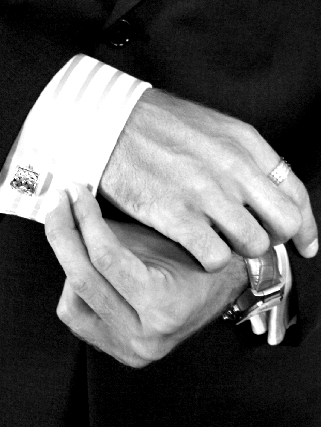Hodgman holds firm amid big bill criticism
 The Tasmanian Government has defended spending $63,000 on lawyers to defend its public servant wage freeze.
The Tasmanian Government has defended spending $63,000 on lawyers to defend its public servant wage freeze.
Unions Tasmania says taxpayers forked out $62,797 for 58 hours of work by Melbourne-based lawyers from the firm Herbert Smith Freehills.
The bill included $2,707 for accommodation of the lawyers, a $5,440 briefing session, $24,000 to prepare and appear in the case, and $24,942 for “consultation, review and research”.
The money was spent defending against criticism from unions at the Industrial Commission, over the Government's plan for an 18-month wage freeze for the public sector.
He says if unions had not argued, the money would have been saved.
“It was necessary to defend our position in court against the unions,” Mr Hodgman said.
“Again I make the point: if we had been able to arrive at a situation where the unions could have supported a sensible pay freeze, we wouldn't have job losses in the public sector, and we wouldn't have the need to defend our position in court.”
Community and Public Sector Union state secretary Tom Lynch pointed out that union leaders represented themselves at the Industrial Commission hearings.
“We spent nothing on lawyers, it was our own staff that were in that matter and, in reality, we were there for a few hours,” he at a protest outside the Royal Hobart Hospital.
“I have no idea how they could have spent $24,000 researching the matter - there was nothing to research - it was basic industrial relations in a non-legal jurisdiction.”
Health and Community Services Union delegate Bev Tyler said the Government’s actions were “absolutely disgusting”.
“It could have been spent on extra staff, extra carers, that sort of thing,” she said.
“And bringing somebody in from the mainland – that’s even worse.”
The previous Labor-Greens government engaged the same law firm - Herbert Smith Freehills - to represent it in a fight over paramedic pay in 2013.
That case cost Tasmanian taxpayers more than $1 million in lawyers' fees.
With dozens of Tasmanian lawyers on the public payroll, Mr Lynch said there was no need to fly in legal representatives from Victoria.
“They have the State Service Management Office who has industrial operatives in it, they have the Department of Premier and Cabinet who have industrial staff, the Department of Justice, they have Crown Law, they have the Solicitor-General,” he said.








 Print
Print